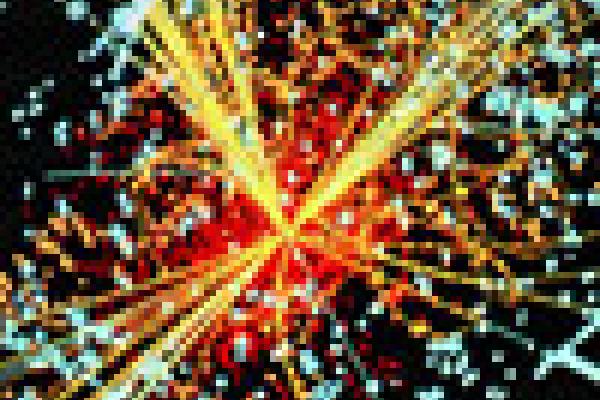News story

Hooray for Higgs!
"It's a great day for particle physics," says Ben Allanach, a theoretical physicist at the University of Cambridge. "It's very exciting, I think we're on the verge of the Higgs discovery." And indeed, it seems like the Large Hadron Collider at CERN has given particle physics an early Christmas present — compelling evidence that the famous Higgs boson exists.